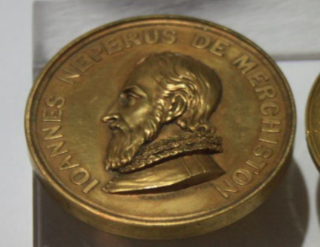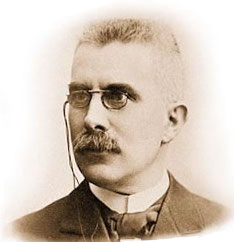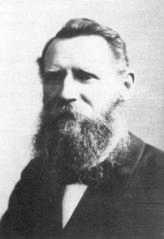This page is based on this
Wikipedia article Text is available under the
CC BY-SA 4.0 license; additional terms may apply.
Images, videos and audio are available under their respective licenses.
The Treasurer of the Household is a member of the Royal Household of the Sovereign of the United Kingdom. The position is usually held by one of the government deputy Chief Whips in the House of Commons. The Treasurer was a member of the Board of Green Cloth, until the Board of Green Cloth disappeared in the reform of local government licensing in 2004, brought about by the Licensing Act 2003.

Events from the year 1854 in Canada.

The Royal Society of Edinburgh is Scotland's national academy of science and letters. It is a registered charity, operating on a wholly independent and non-party-political basis and providing public benefit throughout Scotland. It was established in 1783. As of 2017, it has more than 1,660 Fellows.
The Chemical Society was formed in 1841 by 77 scientists as a result of increased interest in scientific matters. Chemist Robert Warington was the driving force behind its creation.
The Flavelle Medal is an award of the Royal Society of Canada "for an outstanding contribution to biological science during the preceding ten years or for significant additions to a previous outstanding contribution to biological science". It is named in honour of Joseph Wesley Flavelle and is awarded bi-annually. The award consists of a gold plated silver medal.
Prof Arthur Geoffrey Walker FRS FRSE was a leading mathematician who made important contributions to physics and physical cosmology. Although he was an accomplished geometer, he is best remembered today for two important contributions to general relativity.

The Keith Medal was a prize awarded by the Royal Society of Edinburgh, Scotland's national academy, for a scientific paper published in the society's scientific journals, preference being given to a paper containing a discovery, either in mathematics or earth sciences.

The Medical Society of London is one of the oldest surviving medical societies in the United Kingdom.
The Anatomical Society, previously known as the Anatomical Society of Great Britain and Ireland or ASGBI was founded in London in 1887 to "promote, develop and advance research and education in all aspects of anatomical science".
The 1884 Birthday Honours were appointments by Queen Victoria to various orders and honours to reward and highlight good works by citizens of the British Empire. The appointments were made to celebrate the official birthday of The Queen, and were published in the London Gazette on 25 May 1894. and in The Times on 26 May 1894.
The 1871 Birthday Honours were appointments by Queen Victoria to various orders and honours to reward and highlight good works by citizens of the British Empire. The appointments were made to celebrate the official birthday of the Queen, and were published in The London Gazette on 20 May 1871.








